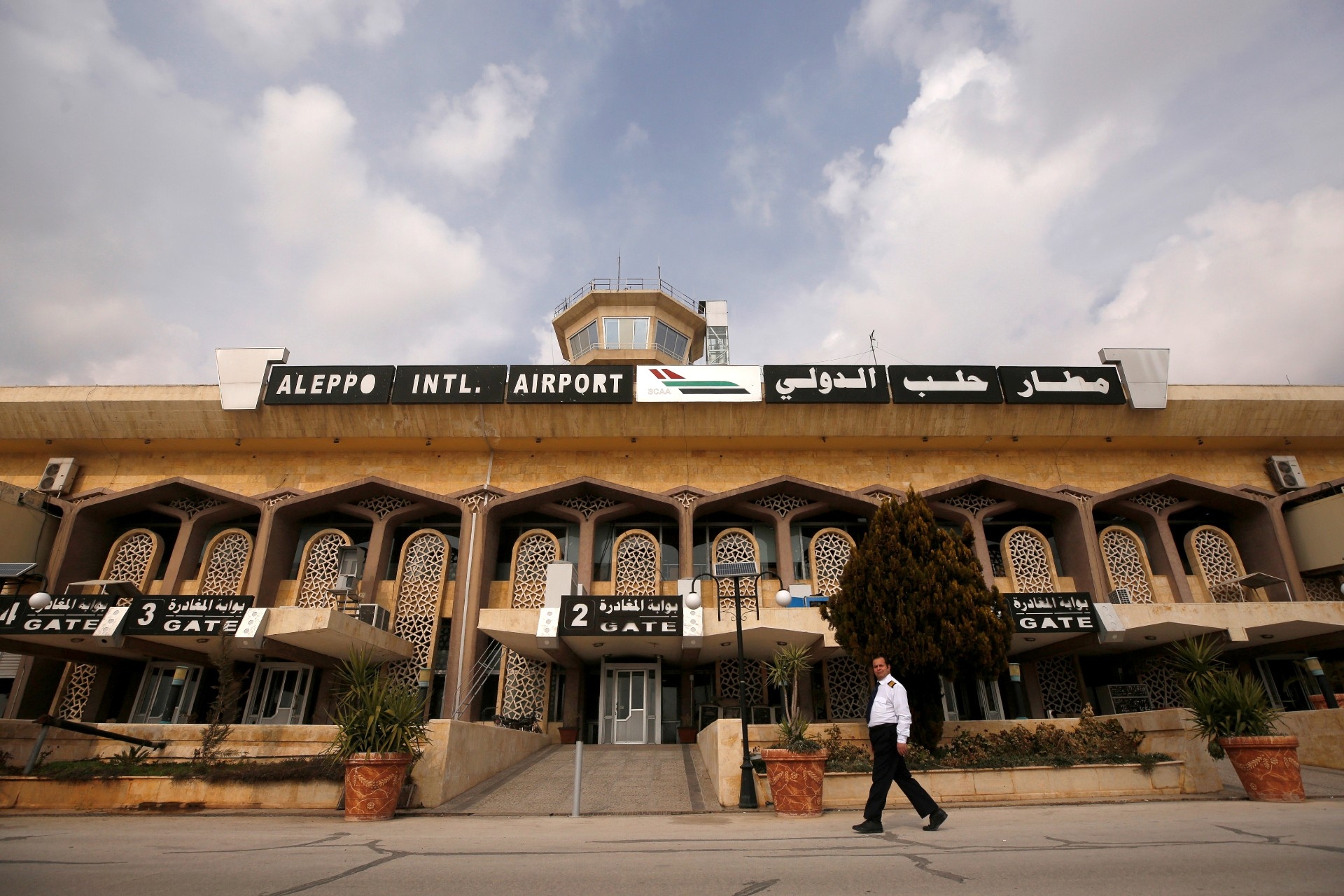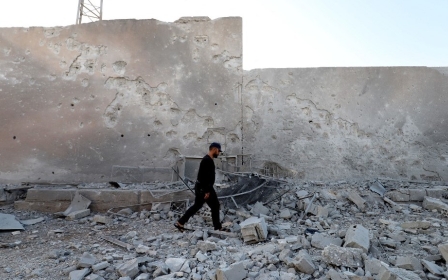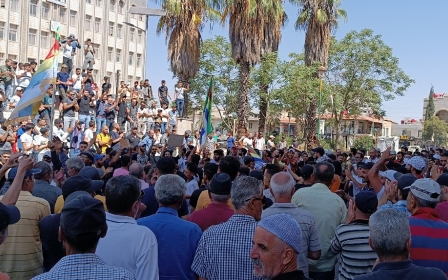Israeli strikes hit Syria's Aleppo airport causing heavy damage

The Israeli military attacked Aleppo International Airport in the early hours of Monday morning, according to Syrian state media, Sana.
At about 4.30 am local time Israel carried out an “aerial act of aggression” from the direction of the Mediterranean Sea, said the Syrian state news agency, Sana.
It reported no casualties, but the Syrian transport ministry said the damage to the only functioning runway has put the airport out of service, adding that flights have been diverted to Damascus and Latakia airports.
"Maintenance teams will start repair work today to return the airport to service as quickly as possible," ministry official Suleiman Khalil told AFP.
The Syrian Observatory for Human Rights said weapons depots at the adjacent Nayrab military airport were also targeted by air strikes.
The strike comes a week after an Israeli attack on sites near Damascus killed two pro-government fighters, according to the Observatory.
This is the fifth time in under one year that Israel has struck Aleppo airport.
Alleged Israeli strikes last put Aleppo airport out of service in May, and prior to that twice in March, and one in September 2022.
Israeli missile strikes have also hit the airport in the Syrian capital of Damascus at least four times this year.
The Israeli military has made no comment following the latest attacks, a stance it has maintained following previous assaults on Syria.
Israel has conducted hundreds of air strikes in Syria since 2011, targeting Syrian troops, Iran-backed fighters and Hezbollah.
However, attacks targeting airports and paralysing aviation have become more frequent over the last year.
Middle East Eye propose une couverture et une analyse indépendantes et incomparables du Moyen-Orient, de l’Afrique du Nord et d’autres régions du monde. Pour en savoir plus sur la reprise de ce contenu et les frais qui s’appliquent, veuillez remplir ce formulaire [en anglais]. Pour en savoir plus sur MEE, cliquez ici [en anglais].




